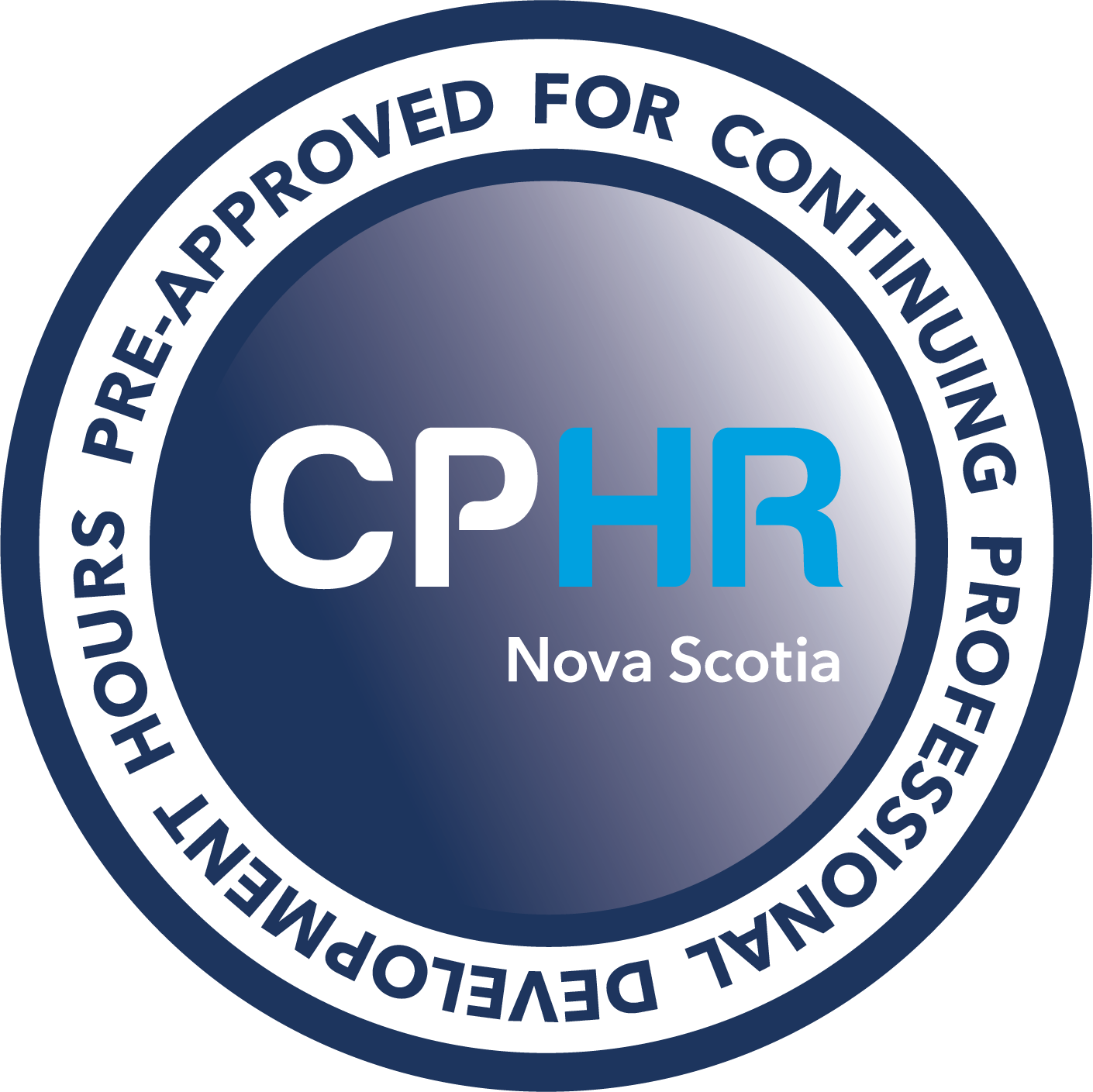Course Description
 This 12-week course will introduce contemporary human resources (HR) practices. Human resources have become critical to organizational, team and individual successes. The course will begin with an overview of the strategies and outcomes, as well as some of the main challenges. The role of diversity is one of the foundational concepts applicable to public and private sector organizations. The course considers not only the reasons for diversity, but some of the main ways in which HR addresses diversity. This topic leads into an examination of recruitment and selection, focusing on best practices and processes to improve effectiveness. Various methods of building and maintaining staff capacity are examined and linked to the performance of the organization and teams. We then consider rewards, the total compensation function, concluding with employee relations, communication, and legislative roles and standards that HR must promote and support.
This 12-week course will introduce contemporary human resources (HR) practices. Human resources have become critical to organizational, team and individual successes. The course will begin with an overview of the strategies and outcomes, as well as some of the main challenges. The role of diversity is one of the foundational concepts applicable to public and private sector organizations. The course considers not only the reasons for diversity, but some of the main ways in which HR addresses diversity. This topic leads into an examination of recruitment and selection, focusing on best practices and processes to improve effectiveness. Various methods of building and maintaining staff capacity are examined and linked to the performance of the organization and teams. We then consider rewards, the total compensation function, concluding with employee relations, communication, and legislative roles and standards that HR must promote and support.
Course Outline
Module 1: Introduction to Human Resource Management
- Discuss the objectives of human resources management.
- Define human resource management and its link to an organization’s overall strategy.
- Identify the strategic human resources management challenges faced by organizations.
- Describe the key elements of the strategic human resource management model.
- Discuss the role of human resources in their organization.
Module 2: Diversity Management
- Explain the impacts and challenges of government legislation on human resource management.
- Define discrimination, harassment, employment equity, and diversity management in the context of prevailing legislation.
- Outline the purpose and scope of employment equity programs.
- Describe the strategic importance of diversity and what can be done to better manage it.
Module 3: Recruitment and Selection
- Explain the strategic importance of the recruitment function.
- Discuss opportunities and constraints in recruiting talent.
- Identify the appropriate methods for finding and attracting different types of recruits.
- Describe ways to evaluate the effectiveness of their recruitment efforts.
- Explain the strategic significance and main steps in selecting employees.
- Discuss applicant screening tools and employment tests in selecting employees.
- Outline the different types of interviews and the steps in the interview process.
- Explain the strategic significance of the selection function.
- Describe the difference steps involved in the selection process.
- Discuss the different types and uses of applicant screening tools in selecting employees.
- Outline the various steps in conducting an employment interview.
Module 4: Training and Employee Development
- Describe the purpose and impact of employee ‘onboarding’ and orientation programs.
- Explain the strategic reasons, approach, and techniques for designing training programs.
- Explain the business advantages and main elements of career planning and development.
- Discuss why and how to link career planning and employee development to business strategy.
- Discuss the purpose and goals of performance management as part of strategic human resource management.
- Describe key elements, methods, and guidelines for effective performance appraisals.
- Describe how human resources departments encourage and assist career planning as well as support the learning management framework.
Module 5: Reward Systems
- Explain the objectives of compensation management, including indirect compensation.
- Discuss the concepts of ‘pay equity’ and ‘equal pay for work of equal value.’
- Identify the major issues that influence compensation management.
- Describe the application and benefits of individual and group incentive systems.
- Describe total compensation as it relates to pay and overall organizational strategy.
- Identify the implications of employee security programs.
- Identify policies and practices that minimize benefit costs.
Module 6: Communication, Employee Relations, and Legislation
- Discuss the importance of downward and upward communication in organizational settings.
- Describe employee counseling and progressive discipline, and key issues regarding dismissal and employee rights.
- Explain different strategies to increase employee productivity and involvement.
- Outline the major issues related to workforce downsizing and the implications for strategic human resource management.
- Describe the major Canadian laws relating to occupational health and safety.
- Discuss roles and responsibilities for maintaining a healthy and safe work environment.
- Describe how occupational health and safety issues affect job performance and human resource management.
What You Will Learn
Upon completion of this course, learners will be able to:
- Assess the challenges facing the human resources management function and their implications for practitioners.
- Explain the Canadian legal environment within which the human resources management functions.
- Explain the benefits of diversity management and the incorporation of diversity management initiatives into an organization's business strategy.
- Explain the Canadian legal environment within which the human resources management functions.
- Discuss the role of human resource planning in achieving organizational goals.
- Recommend recruitment methods and sources to attract applicants for positions of varying levels within the organization.
- Design selection methods to assess applicants for various positions within the organization.
- Discuss the elements of employee orientation and training programs that meet employee needs and organizational goals.
- Describe performance appraisal systems that support organizational goals.
- Evaluate compensation systems that assist organizations to attract and retain employees while ensuring internal equity within the organization.
- Describe key processes in labour relations including certification, negotiation and administration of the collective agreement.
Microcredential
This course provides learners with the opportunity to earn a microcredential. A microcredential is evidence of a skill or competency that is employment related. Dalhousie microcredentials are developed in collaboration with employers, industries, and/or organizations that relate to the content. A microcredential can be displayed on social media pages, digital resumes, personal webpages, and in email signatures. To earn the microcredential in this course, learners will need to successfully complete a competency-based assessment.
Learn more about this Human Resources microcredential on our website.
Notes
The Faculty of OLCD recommends an intermediate level of English language proficiency for the most effective learning and participation in our online and face-to-face courses. A list of minimum recommended scores on some common English tests can be found on our website. If you have questions about your English language proficiency and ability to succeed in this course, please contact openlearning@dal.ca.
Applies Towards the Following Certificates
- Certificate in Human Resource Management : Required
- Non-Credit Diploma in Professional and Leadership Studies : Elective Program - Human Resource Management
- Certificate in Police Supervisory Skills : Required
- Public Safety Communicator Leadership Certificate : Electives
